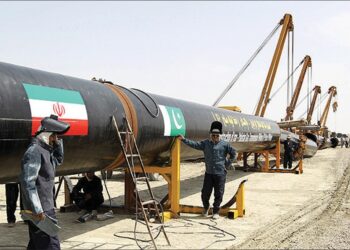Last fall, US banks started notifying foreign diplomatic missions that they were closing their bank accounts, ones used to make payrolls, buy furniture and handle the generating operating expenses of an office. The banks said that the intricate US rules and regulations meant to catch terrorist funding by foreign accounts made it unprofitable to deal with small diplomatic accounts.
Iran was among the governments that screamed.
It has taken seven months, but US financial regulators have clarified that banks can provide services to foreign diplomatic missions and still comply with anti-money laundering laws.
In guidance issued last Thursday, the Federal Reserve Board, the Office of the Comptroller of the Currency and other regulators said they do not expect financial institutions to define or treat foreign mission customers as necessarily posing a higher level of risk than other customers.
It is up to the financial institution to assess and understand risks to stay in compliance with the Bank Secrecy Act, they said.
At a January meeting between diplomats and US Treasury and State Department officials at the United Nations, envoys from China, South Africa, Egypt, Turkey, Morocco, Iran, the Palestinian Authority and other missions said they had been hit by the bank cutbacks. Others, from Britain, Germany and Russia, said they were not affected.
Some envoys said at the time that banks were feeling overburdened by surveillance, reporting and compliance costs associated with the foreign mission accounts. The Bank Secrecy act is designed to prevent transfers of money from corruption, terrorist financing, drug trafficking or weapons proliferation through the U.S. financial system.
JP Morgan Chase & Co. last September told diplomatic missions in a letter obtained by Reuters that it had “made the decision to close its division that serves diplomatic and foreign government entities.”
The regulators said in the guidance that banks could enter into written agreements with foreign missions that clearly define the terms of use for the accounts. Banks also could offer limited purpose accounts for items like payroll, office rent and maintenance only, they said.

















